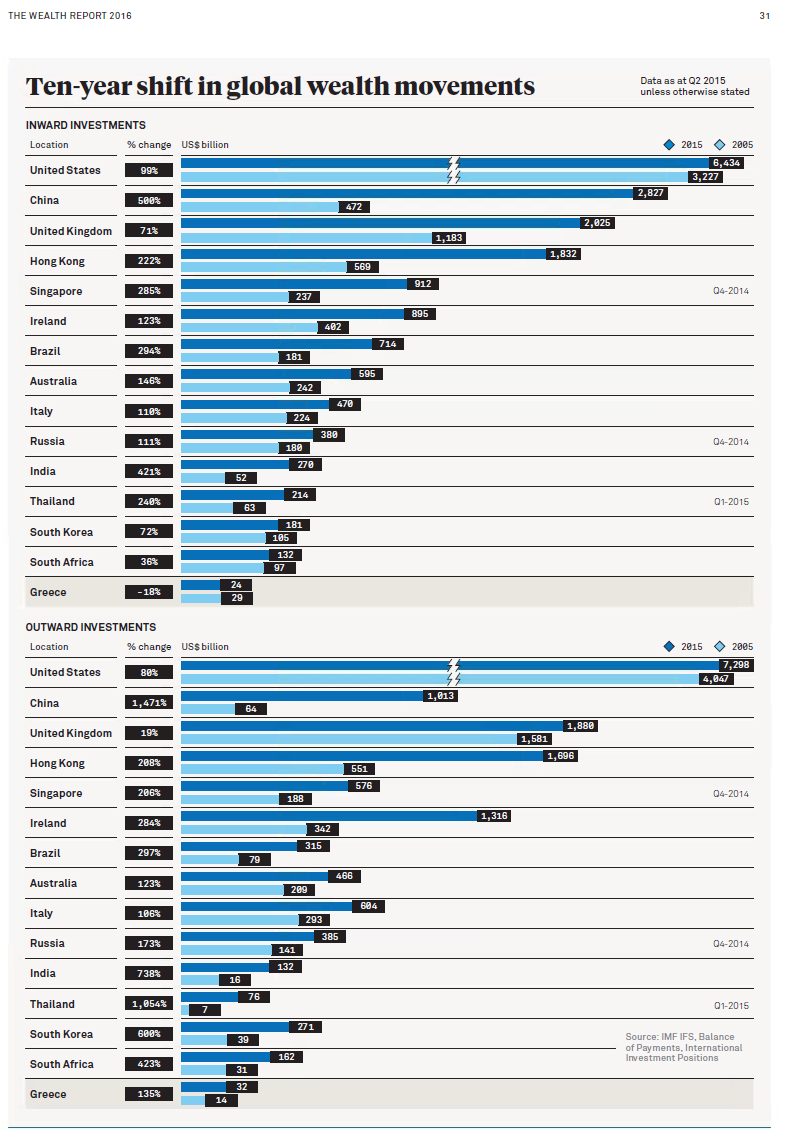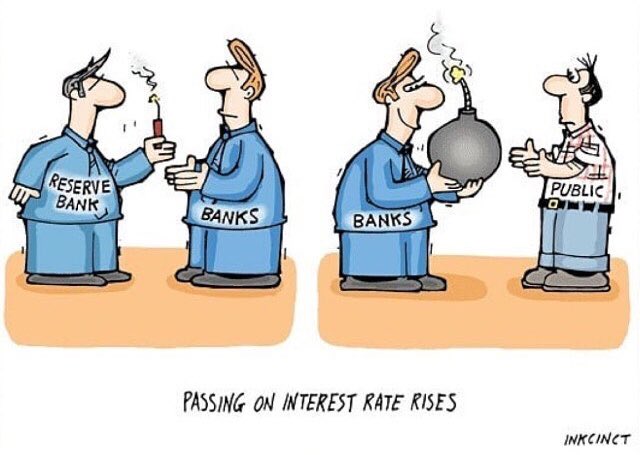 I’ve always been a fan of Mark Douglas’ work, as my copy of his initial book on trading psychology, The Disciplined Trader, is thoroughly marked up thanks to Douglas’ many innovative ideas about mastering the internal challenges we all face with trading. His newest book, Trading in the Zone, is full of more great insights. I recently finished reading his excellent follow-up work, and it sparked my review of key points I take out of Douglas’ ground-breaking insights:
I’ve always been a fan of Mark Douglas’ work, as my copy of his initial book on trading psychology, The Disciplined Trader, is thoroughly marked up thanks to Douglas’ many innovative ideas about mastering the internal challenges we all face with trading. His newest book, Trading in the Zone, is full of more great insights. I recently finished reading his excellent follow-up work, and it sparked my review of key points I take out of Douglas’ ground-breaking insights:
1) Develop consistency. Douglas focuses on how we can create a mindset of consistency by developing beliefs which support us in obtaining this result. In order to develop consistency, Douglas emphasizes beliefs such as objectively identifying your edges, defining the risk in each trade in advance, accepting the risk to be able to exit a position when a defined loss level is realized, and many other key mindsets that help traders work through the issues they face in taking a trade, making the trade and executing their exit from the trade.
2) Trading is a probability game. You can’t be a perfectionist and expect to be a great trader. Your losses (that you hope will return to breakeven) will kill you.
3) Jumping in too soon or getting in too late. These mistakes come from traders not having a well-defined plan of how they will enter the market. This positions the trader as a reactive trader instead of a proactive trader, which increase the level of emotion the trader will feel in reacting to market movements. A written plan helps make a trader more systematic and objective, and reduces the risk that emotions will cause the trader to deviate from his plan.
4) Not taking profits on winners and letting winners turn to losers. Again this is a function of not having a properly thought-out plan. Entries are easy but exits are hard. You must have a plan for how you will exit the market, both on your winners and your losers. Then your job as a trader becomes to execute your plan precisely.
5) Great traders don’t place their own expectations on to the market’s behavior. Poor traders expect the market to give them something. When conditions change, a smart trader will recognize that, and take what the market gives.
6) Emotional pain comes from expectations not being realized. When you expect something, and it doesn’t deliver as expected, what occurs? Disappointment. By not having expectations of the market, you are not setting yourself up for this inner turmoil. Douglas states that the market doesn’t generate pain or pleasure inherently; the market only generates upticks and downticks. It is how we perceive and respond to these upticks and downticks that determine how we feel. This perception and feeling is a function of our beliefs. If you’re still feeling pain when taking a loss according to your plan, you are still experiencing a belief that your loss is somehow a negative reflection on you personally.
7) The Four Major Fears – fear of losing money, being wrong, missing out, leaving money on the table. All of these fears result from thinking you know what will happen next. Your trading plan must approach trading as a probabilities game, where you know in advance you will win some and lose some, but that the odds will be in your favor over time. If you approach trading thinking that you can’t take a loss, then take three losses in a row (which is to be expected in most trading methods), you will be emotionally devastated and will give up on your plan.









